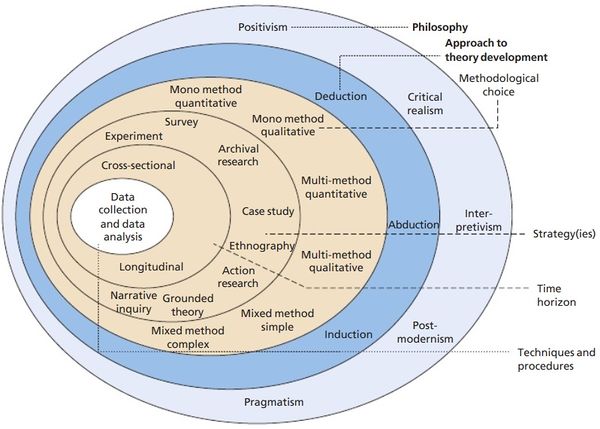LC 00415: verschil tussen versies
Geen bewerkingssamenvatting |
Geen bewerkingssamenvatting |
||
| Regel 22: | Regel 22: | ||
Critical realism and systems thinking are closely related. Underlying mechanism and the own reality are subjects that are closely linked to concepts from systems thinking – both the hard and the soft approach. The relation between critical realism and systems thinking is examined in {{Cite|resource=Systems Thinking - Critical Realism - Philosophy|name=Systems Thinking, Critical Realism and Philosophy}}. | Critical realism and systems thinking are closely related. Underlying mechanism and the own reality are subjects that are closely linked to concepts from systems thinking – both the hard and the soft approach. The relation between critical realism and systems thinking is examined in {{Cite|resource=Systems Thinking - Critical Realism - Philosophy|name=Systems Thinking, Critical Realism and Philosophy}}. | ||
{{LC Book config}} | {{LC Book config}} | ||
Versie van 18 okt 2020 17:28
Nog iets doen met deze link. Read more about how Research Philosophy plays a role in Expertise Management Methodology.
Positivism
The positivistic research philosophy has at its basis the notion that only factual knowledge gained by sensory observation leads to reliable knowledge. The researcher’s role is limited to data collection and interpretation following objective methods. That is why the research results are observable and quantifiable.
Positivism is based on quantifiable observations that can be analysed via statistical methods. The researcher is not part of the research; there is no room for human interpretation. A deductive approach is often used.
Interpretivism
According to interpretivism (sometimes called subjectivism or (social) constructivism), it is necessary for the researcher to understand the differences between people in their roles as social actors. That is why a difference is made between objects and people in which we, the people, are social actors that interpret the world around them. With these interpretations as a basis, we adapt our interpretations of the world around us as well as our behaviour. For the researcher this means that they adopt an empathic approach in order to understand the meaning formed by those social actors.
Critical Realism
The critical realistic research philosophy believes there is a reality with underlying mechanisms (ontological principle). But at the same time, it is acknowledged that people give meaning to reality (epistemological principle). The positivistic approach states that only observable events are allowed for knowledge development. The existence of unobservable events is denied. This is contrary to critical realism in which underlying mechanisms that could explain observable events are specifically targeted.
Taking up a realistic point of view also opposes the interpretivist approach which states that people shape their own world. In extremis, this would mean that everyone has their own truth and that science is also just an opinion. By making a connection with reality, critical realism paves the road for evaluating truths against reality.
Relation Critical Realism - Systems Thinking
Critical realism and systems thinking are closely related. Underlying mechanism and the own reality are subjects that are closely linked to concepts from systems thinking – both the hard and the soft approach. The relation between critical realism and systems thinking is examined in Systems Thinking, Critical Realism and Philosophy (John Mingers, 1 januari 2015).
Dit is een beveiligde pagina.

